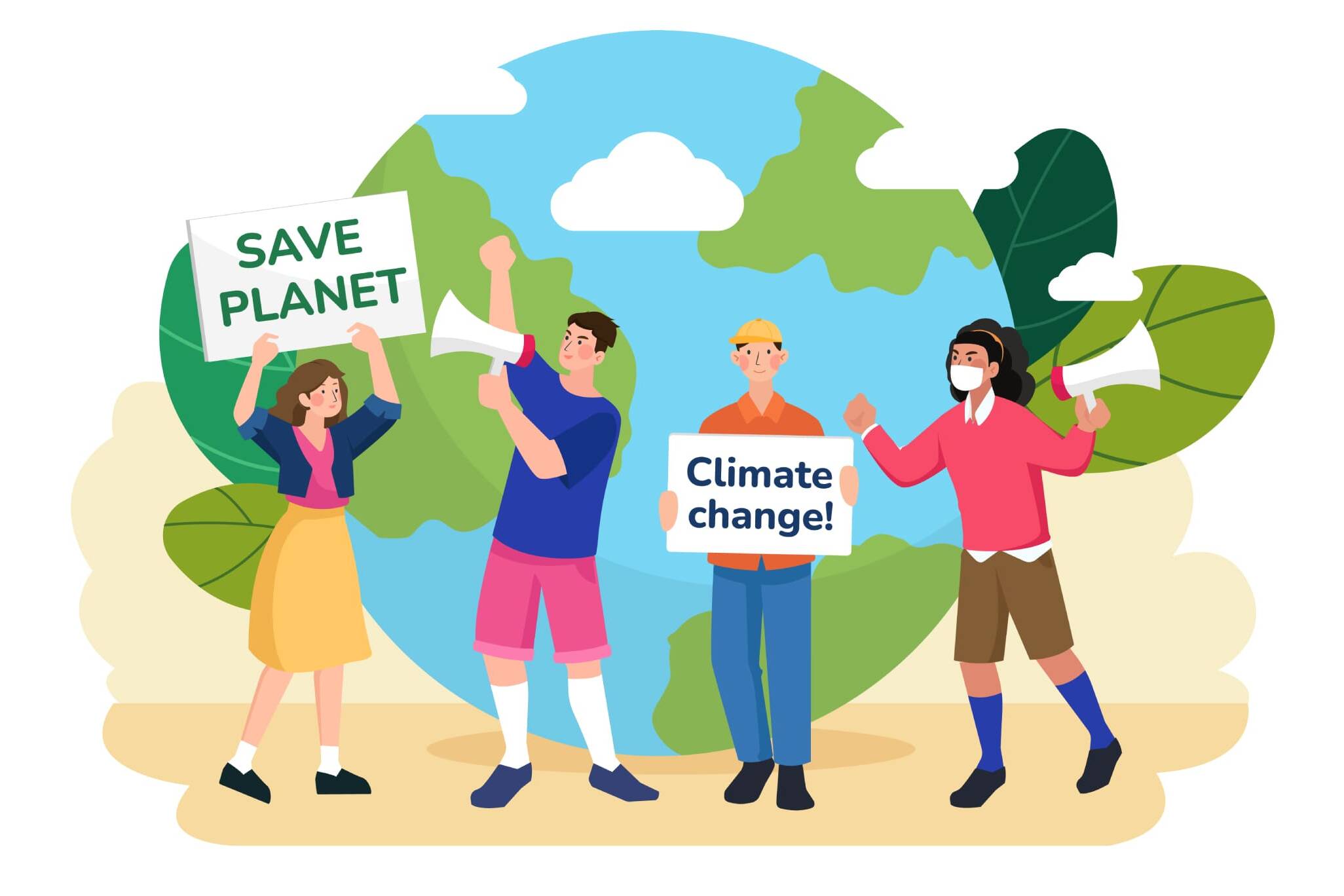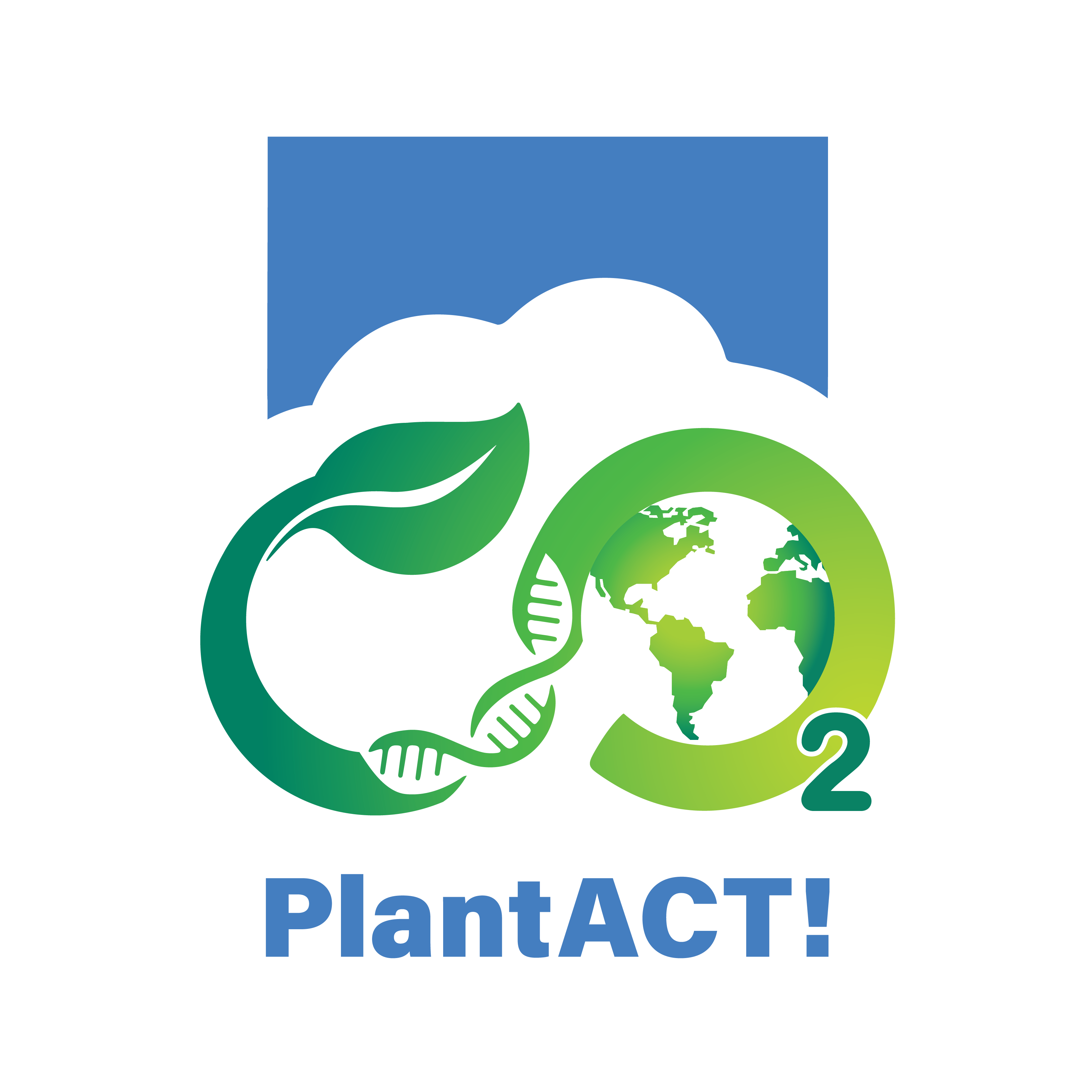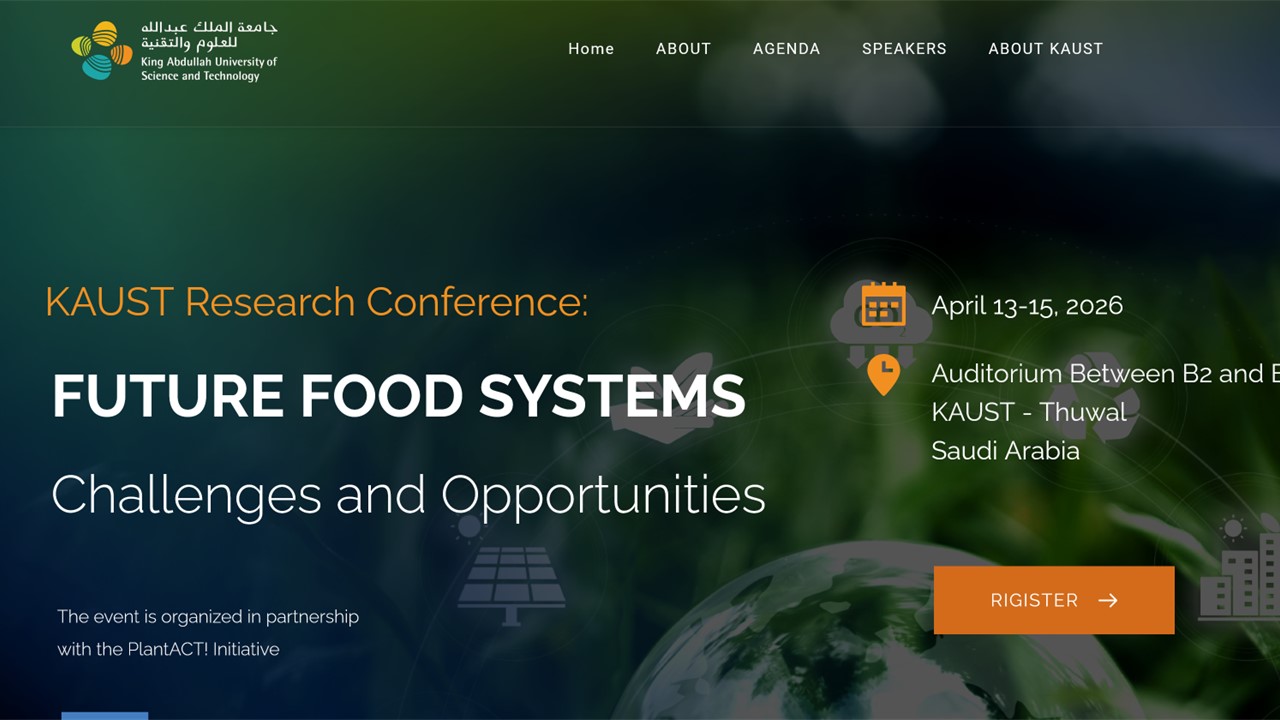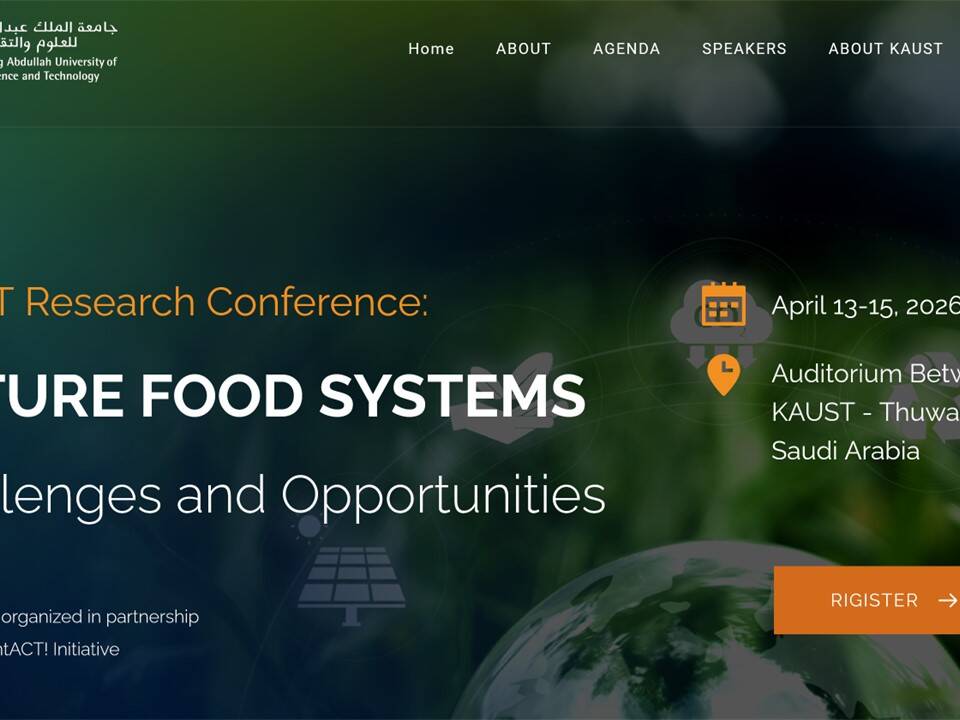mission statement
The PlantACT! initiative aims to function as a think tank of plant science experts to tackle climate change.
Greenhouse gas (GHG) emissions have created a global climate crisis which requires immediate interventions to mitigate the negative effects on all aspects of life on this planet.
General Invitation Letter Future Food Systems 2026
As you know, we are on a trajectory to reach a temperature increase of 3.5 degrees Celsius by the end of this century, with catastrophic consequences, as each degree Celsius corresponds to a reduction in crop yields of about 10%, meaning that we would lose a third of food and feed production by 2100.
About
PlantACT!
As current agriculture and land use contributes to up to 25 % of total GHG emissions, plant scientists are at center stage to find possible solutions to a transition to sustainable agriculture and land use. The PlantACT! initiative of plant scientists lays out a road map in which areas and how plant scientists can contribute to find immediate, mid-term and long-term solutions and what changes are necessary in the way to work out these solutions at the personal, institutional and funding level.

alert, engage and gather ideas
PlantACT! motivation
The consortium of PlantACT! feels the necessity to alert, engage and gather ideas to reduce agriculture-based GHG emissions and propagate solutions that facilitate a more equitable and sustainable global food production system.
To progress step by step, we plan to focus on finding solutions for 4 main topics:

Nitrogen Use Efficiency of crops.
The N fertilizer supply chain currently contributes >2% GHG. Agriculture is both a victim and culprit of global climate change as between 20-25% of GHGs are released through agricultural activities. A switch to agro-systems utilizing crops with high nitrogen use efficiency represents an urgent priority.

Carbon sequestration.
Anthropogenic climate change is irreversible over the next 10 generations at least, unless rapid measures are taken to sequester carbon dioxide from the atmosphere. Plant photosynthesis is the initial step of carbon “removal” from the atmosphere and provides a great lever to mitigate climate change.

Soil-Plant Health.
Soil microorganisms form beneficial symbiotic associations with plants and help plant roots in nutrient uptake and control of diseases. In the future, holistic approaches of the soil-plant-microbe ecosystem must be considered to achieve sustainable solutions related to climate change.

Resilience and food security.
Growing global populations, shifting dietary patterns towards greater meat consumption, and increased food waste and spoilage at both the consumer and supply chain levels, are major factors impacting the stability and resilience of global food systems. Adopting plant-based diets remains the most efficient option. Plant scientists could contribute to the development of alternative plant-based protein sources by working with food and social scientists.

Nitrogen Use Efficiency of crops.
The N fertilizer supply chain currently contributes >2% GHG. Agriculture is both a victim and culprit of global climate change as between 20-25% of GHGs are released through agricultural activities. A switch to agro-systems utilizing crops with high nitrogen use efficiency represents an urgent priority.

Carbon sequestration.
Anthropogenic climate change is irreversible over the next 10 generations at least, unless rapid measures are taken to sequester carbon dioxide from the atmosphere. Plant photosynthesis is the initial step of carbon “removal” from the atmosphere and provides a great lever to mitigate climate change.

Soil-Plant Health.
Soil microorganisms form beneficial symbiotic associations with plants and help plant roots in nutrient uptake and control of diseases. In the future, holistic approaches of the soil-plant-microbe ecosystem must be considered to achieve sustainable solutions related to climate change.

Resilience and food security.
Growing global populations, shifting dietary patterns towards greater meat consumption, and increased food waste and spoilage at both the consumer and supply chain levels, are major factors impacting the stability and resilience of global food systems. Adopting plant-based diets remains the most efficient option. Plant scientists could contribute to the development of alternative plant-based protein sources by working with food and social scientists.

Today, the members of PlantACT! are PhD students, young scientists and university researchers working in various fields of plant science. We want to strengthen the links between academic science, non-governmental organisations, the media, industry and politics to raise public awareness. Our approach is to create opportunities for people to share their expertise, and to promote interdisciplinary research programmes.
Interested by PlantACT! initiative, join us.
We aim to connect with other disciplines
PlantACT! approaches
There is a large consensus to promote interdisciplinary work for the successful solving of complex problems. We aim to connect with other disciplines (agronomists, plant breeders, soil scientists, hydrologists, climate and ecosystems modelers, data science, marine science, social scientists, economists, and philosophers…). Mobilization of young people is also central in our approach since they are directly concerned and very good actors in the current mobilization that promotes the urgency to change the world to address global change with scientists.

News
Insights &latest news
Find the newest Information about the PlantACT! research.
Share our news to spread awareness about climate change.
Insights & Announcements
News
PlantACT! 2025 successfully concludes and consolidates an international network of plant scientists to devise climate change mitigation solutions and secure food production
More than 300 experts from 17 countries shared…
Revealed: Big tech’s new datacentres will take water from the world’s driest areas
Amazon, Google, and Microsoft are rapidly…





